5 Easy Steps to Improve Your Writing


Everyone can write, but not everyone can write well.
The general belief is that you need the talent to be a good writer, well we’re going to prove that isn’t the case.

What does writing talent mean anyway? Does it mean having good grammar? Eye for details in proofreading? Or being a naturally gifted storyteller?
The truth is, everybody has their own talent, but relying on talent alone will not take you anywhere, you need more than just talent. So, what does it take to be a good writer?

With enough practice and determination, anyone can become a good writer. J.K Rowling was rejected 12 times before a small publication company gave her a chance. If you want to be a good writer, just keep going and keep practicing until you master the craft.
But before you start writing, understand these 3 basic fundamentals of writing:

What kind of writer do you want to be? Do you want to write a book, a novel, or an article? Knowing what you want to write and what industry you’re in are two basic things you must figure out before you jump into writing or build a freelance writer website.
You’re not the only writer out there, there are millions of blogs being published daily. Be different, set your own voice in your writing so that it stands out from the rest.
Read about your industry daily to learn new lingo and keep you updated.
Watch your tone, don’t be too aggressive or use too much humor.
Sun Tzu once said, “know yourself and your enemy, and you’ll win hundreds of battles”. In the context of writing, this quote is relevant― what makes you different from them? What value do you bring to the table?

Analyze your competitors' strengths and weaknesses, what works best for them and how they do their writing.
Avoid making the same mistakes as they do, and take lessons from their success.
Learn by imitation, broaden your exposure to other writing style and learn from them.

When you know who your readers are, you know the suitable tone for your literary work, how you can deliver the content, and how your writing can achieve the goals. Before you start writing anything, research the particular audience for each form of writing media (Eg. newsletter, blog writing, novel, and others).
Know your target audience inside out and try to relate to them.
Don’t write for yourself but write for your readers. Position yourself in their shoes.
Know your audience’s problems, then write to offer useful solutions to solve it.
After you’ve understood the fundamentals of writing, now is the time to move to the technical part which is the writing itself. Below are several tips for making a nice piece of writing based on our experience:

Decide what you want to write, which audience you’re aiming at and the relevant topic of your writing. Do a ton of research about the topic and get as many references as you can. If you’re struggling to find an ideal topic, here are a few questions to help you come up with one:
Identify the reason for your writing, whether it’s to increase your sales, to publish a best selling book, or to write for your local newspaper.
Decide the kind of content you want to create, whether it’s fiction, academic, content marketing or journalism.
Know what method works best for you, whether it’s researching online, discussing with industry-related people like for purpose of sales, you can discuss it with your inside sales reps or writing down all the thoughts inside your head until you come across a good topic.
After you decide on the topic and the content of your writing, plan out the structure and outline for your piece. It’s the base of your writing, which helps you organize your work and keeps your writing on track.
If you want to write an article about blogging, your outline may look like this:
How to Earn Side Income as a Blogger
Why blogging?
Flexible time (you can do it after work and on the weekends)
You can make money from your hobby (food blog, travel blog, and others)
How to monetize your blog
Sub-header: The most common ways to make money from blogging
Advertising (Google Ads or private ads)
Selling Digital Products
Example of successful bloggers

Create a hook, line, and sinker headline that sparks your audience’s curiosity. You have literally a few seconds to grab your audience’s attention before they either skip your article or ignore your email, so make sure to use a catchy and engaging title.
For example:
Which one of the following headlines are you more likely to click?
“Marketing Experts Recent Study Found a Strategy to Optimize Google Adwords”?
or…“How to Increase Your Sales through Google Adwords”

Create your first draft― it doesn’t have to be pretty but it has to be just enough to get your point across. It’s your first attempt to write the entire work, so don’t be hard on yourself, even the most experienced writer’s first draft isn’t going to be good.
The point of the first draft is to pour your ideas out and have something tangible to work with.
Example of an article rough draft:
If you want to plan your holiday, make sure to consider 3 things, which are: where to go, when to go and what’s your budget.
There are 3 things to consider before planning your holiday:
Your destination
The timeline of the trip
Your budget for the trip
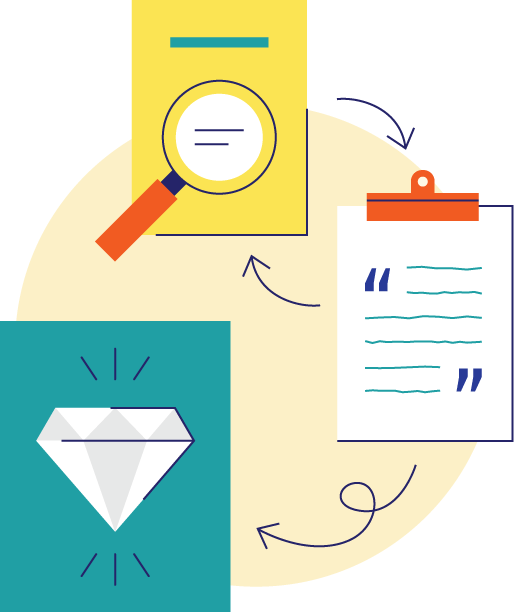
Once you finish writing your draft, look for glaring mistakes, and start editing your sentences to make it flow better. Clarity first, style second― make sure that your writing is effective and gets the job done then start polishing it.
Tips:
Ask related people to review your work, because you’ll need a second opinion and even a third one.
From their feedback, revise your work until you’re satisfied with the final result. It may take multiple revisions before your work is ready to be published.
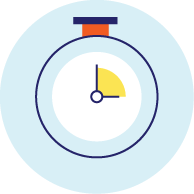
Practice every day, 15 minutes each day, for 30 days straight. Start by writing one statement and then continue from that.
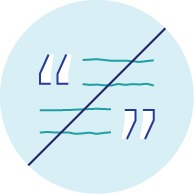
Don’t write and edit at the same time― let the words flow and revise your writing later.
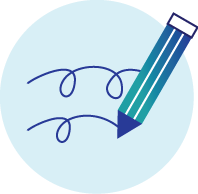
After 30 days, writing will become second nature to you and you’ll be less likely to get stuck with writer’s block.
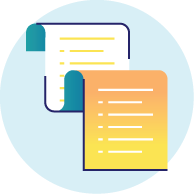
In one year, you’ve written a ton of words that potentially can lead to your first published work.

Writing every day also helps to improve your memory, vocabulary and communication skills.